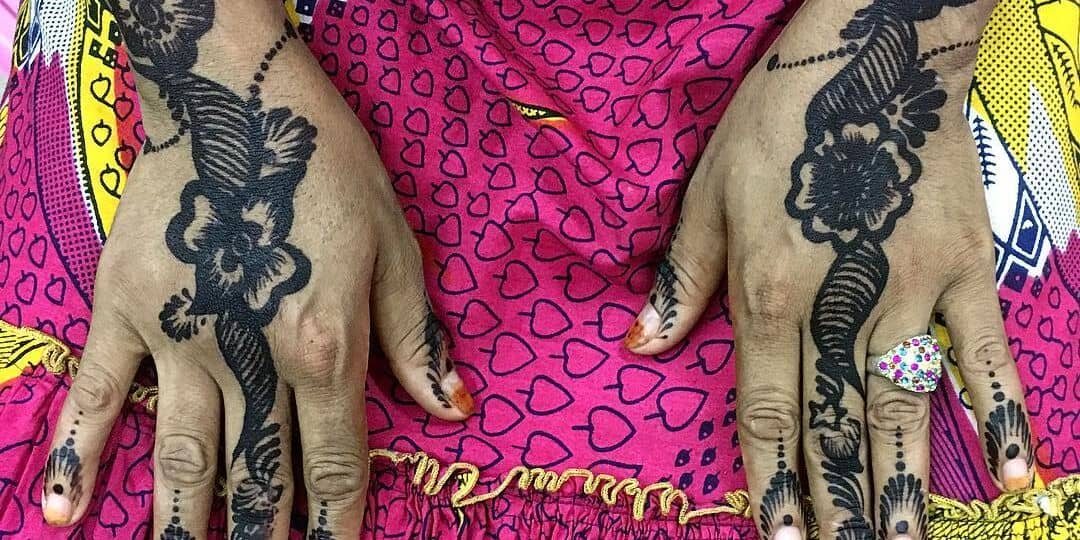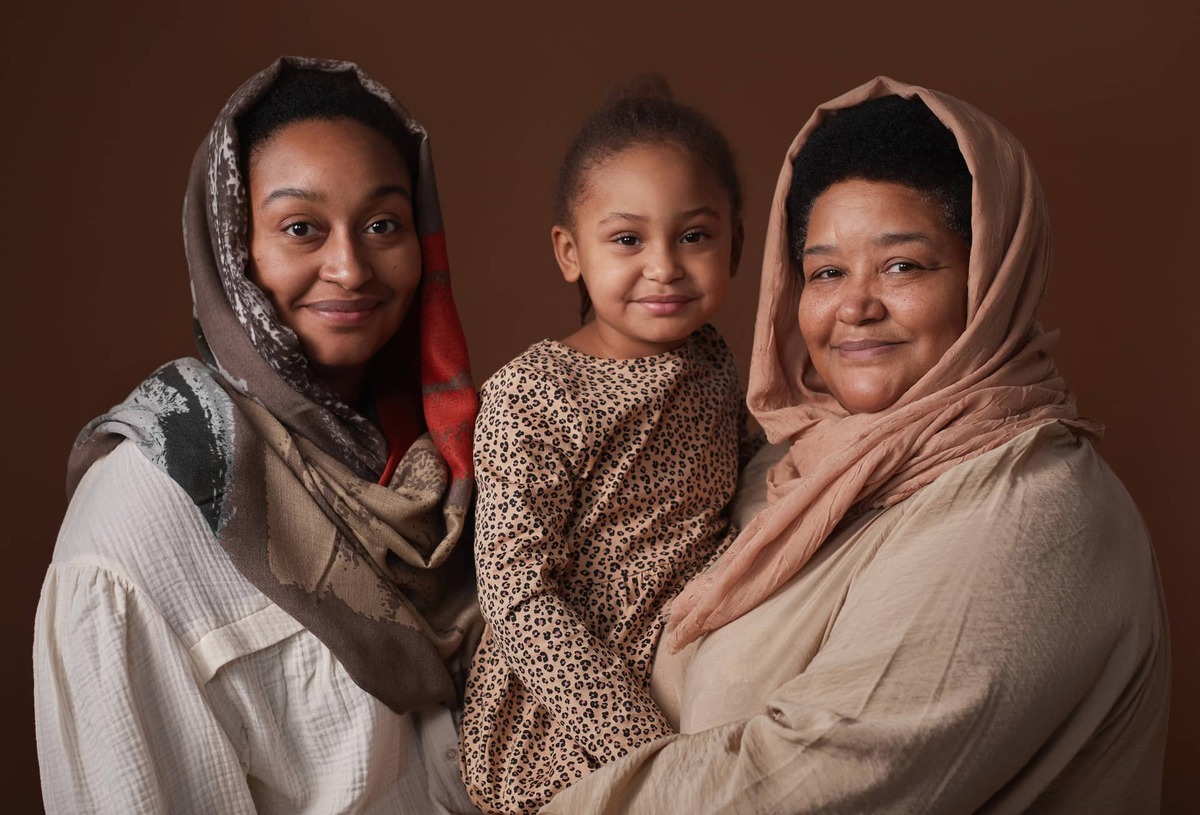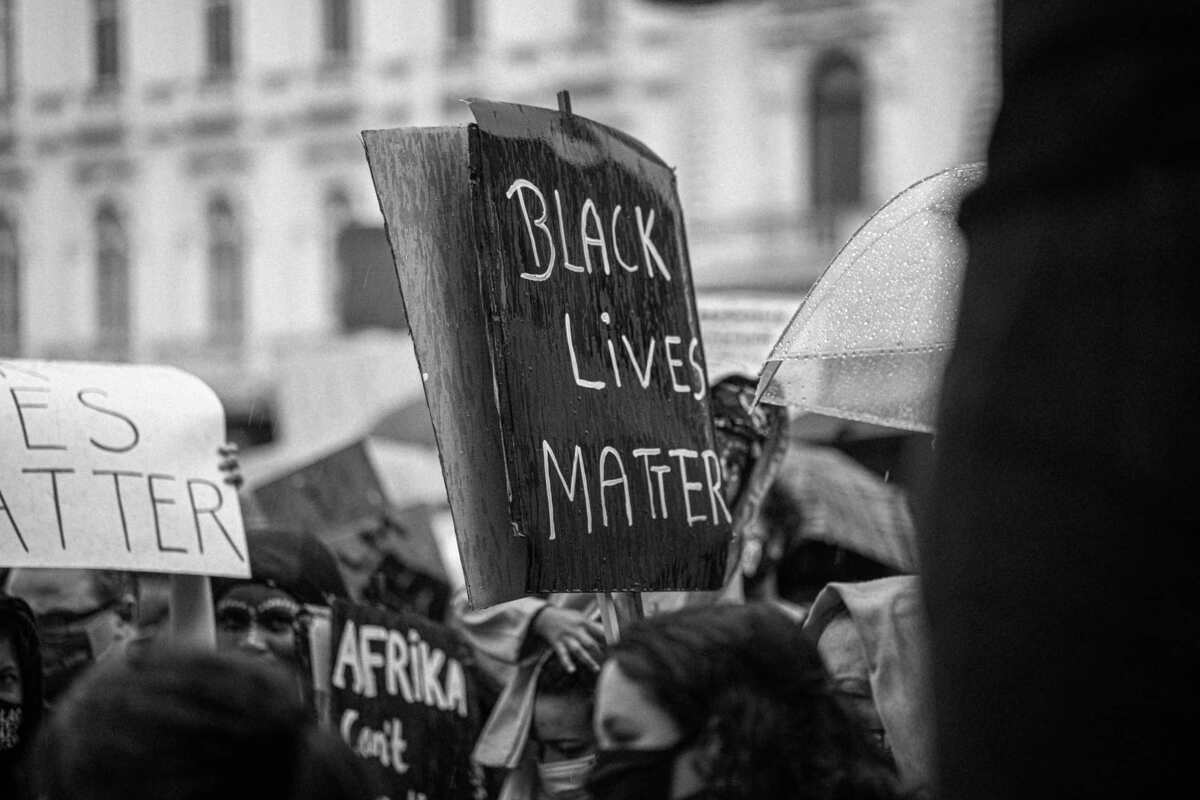May 2, 2017

By Lynda
YOUR WEDDING DAY is coming up, the beautiful and joyous occasion during which you and your partner will be conjoined in the name of love. If you’re African, the outfits, the food, and the tunes spun by the DJ will have people talking for days – if not years. As a young couple you are looking forward to finally moving on to the next chapter of your lives after the exchange of nuptial vows. Quite frankly, it has been stressful planning the wedding; what with the inevitable dramas that always seem to crop up before your special day. Be that as it may, none of these dramatic episodes light as much fire as conversations concerning dowry. You and/or your partner have ties to the motherland, but have not lived there or spent a significant portion of your lives in the diaspora. You both are sure of yourselves and the myriad of the world’s cultures that are embodied in your speech, your dress, your education and your outlook. As part of your African culture, getting married typically involves bringing two families together in a symbolic exchange of dowry. Or should we call it bride-price? That’s the term my professor profusely used in my Women’s Studies course and, uncomfortable with the implicit commodification of a human being, I went home to challenge my parents about it.
Now, if you are anything like me, in your 20s, African, female, raised in the diaspora, have a degree or two, building your career, travelling, doing you, and would like to get married someday; is dowry something we should even care about? There is nothing wrong with wanting to get married, however it shouldn’t be viewed as an achievement, as our wise aunty Chimamanda would say in regards to heterosexual unions. But wherever you grew up or currently live, at some point the joke of “many cows” must have been thrown at you by family members, friends, or that annoying boy who had an undying love for you. Whatever your views, dowry is something that is still considered vital in marriage by many African families in the diaspora regardless of who you choose to marry.
From many feminist perspectives, African dowry practices are archaic as they depict women as commodities. However, this viewpoint is narrow and lacks the depth of field necessary to fully understand the symbolism of dowry in the African context, which is essentially that of respect.
But, what is dowry exactly? The Oxford dictionary defines dowry as “an amount of property or money brought by a bride to her husband on their marriage.” In India, this is generally the case even though dowry was made illegal in 1961 primarily to end the gendered-violence and deaths infamously associated with the custom. Besides the Indian subcontinent, dowry is also practiced in parts of Eastern Europe and the Middle East. Unlike India, dowry in the African context is usually rendered by the groom to the bride’s family.
Some African voices in the diaspora are against the abandonment of the practice because it represents a certain conception of respect and honour for the family, arguably lacking in mainstream Western culture. There is a common belief that African marriages are not solely for pleasing the couple, but what pleases the two families. But to what extent? My heritage is among the Luyia ethnicity of western Kenya, a populous community of more than six million people. Under the Luyia (Luhya) traditions, dowry (ikhwe) was the legal instrument that legitimized marriage in the pre-Christian era. According to Luyia customs, dowry is something that can never be finished or absolute. There is no price tag on a human being; it is rather an ongoing symbolic debt of gratitude from the man’s family to the woman’s for their loss of a daughter and her help towards the home. Back in the day, dowry was in the form of cattle because that was the currency of many African societies. In addition to cattle, there was an exchange of other gifts in the form of palm wine, beer, blankets, jewelry, and pots. However, present day, money is controversially used which erroneously lends credence to the concept of dowry as bride price. For the Luyia, the initial amount does not determine the woman’s “worth” due to the ongoing nature of informal dowry exchanges that bind the two families in an intricate web of kinship affinity.
From many feminist perspectives, African dowry practices are archaic as they depict women as commodities. However, this viewpoint is narrow and lacks the depth of field necessary to fully understand the symbolism of dowry in the African context, which is essentially that of respect. It is respect towards the woman’s family for raising her to be who she is, and joining her husband’s family is shown in appreciation of the dowry bond. Since, many of our African families in the diaspora still deem dowry as something relevant in marriage, what should we do about it? Do some research, and find out what dowry consists of in your African culture. Is it entirely negative, outdated and completely devalues women? Find out how it is practiced today in urban settings. Forget the cows. Have a conversation with your parents and indeed your in-laws, when appropriate.Should our multi-cultured, empowered, and digital generation strive to eliminate the practice altogether? Do we tell our parents, grandparents, aunties and uncles that raised us to do away with dowry? Do we say “no money, just gifts?” The many cultures that are the make-up of you, should they all influence your marriage in some way? Does one take precedent over the other? If you’re African, let me know what you think, and I hope this doesn’t cause you too much wahala before your wedding day.

Lynda
Writer





